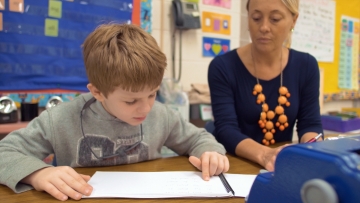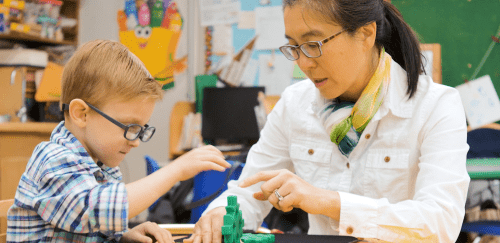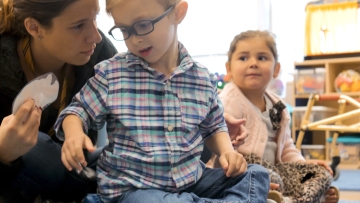Who can get a vision assessment?

The request must come from the school district.
A child can get a vision assessment if they are visually impaired.
Visual impairment including blindness means an impairment in vision that, even with correction, adversely affects a child’s educational performance. The term includes both partial sight and blindness.
A child can also get an assessment if they have an eye condition that may get worse over time.
An eye specialist (ophthalmologist) should confirm a diagnosis. This report should explain the child’s vision and include eye test results. e request of a parent, teacher or administrator.




